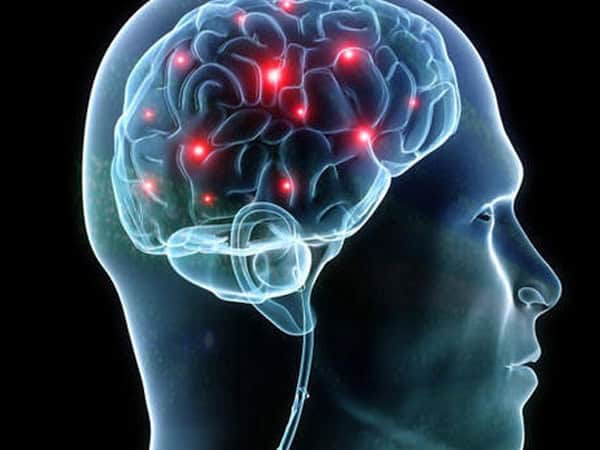New York: Ever wondered how your brain processes spiritual experiences? Scientists have identified a possible “neurobiological home” for the sense of connection to something greater than oneself.
The study showed that activity in the parietal cortex — an area of the brain involved in awareness of self and others as well as attention processing — seems to be a common element among individuals who have experienced a variety of spiritual experiences.
“Spiritual experiences are robust states that may have profound impact on people’s lives,” said Marc Potenza, Professor at Yale University in Connecticut, US.
“Understanding the neural bases of spiritual experiences may help us better understand their roles in resilience and recovery from mental health and addictive disorders,” Potenza added.
Spiritual experiences can be religious in nature or not, such as a feeling of oneness with nature or the absence of self during sporting events.
For the study, published in the journal Cerebral Cortex, the team interviewed a small group of young adults to gather information about past stressful and relaxing experiences as well as their spiritual experiences.
While individual spiritual experiences differed, researchers noted similar patterns of activity in the parietal cortex as the subjects imagined experiencing the events in the recordings.
“We observed in the spiritual condition, as compared with the neutral-relaxing condition, reduced activity in the left inferior parietal lobule (IPL), a result that suggests the IPL may contribute importantly to perceptual processing and self-other representations during spiritual experiences,” said the researchers.
Potenza stressed other brain areas are probably also involved in the formation of spiritual experiences.
The method can help future researchers study spiritual experience and its impact on mental health, he said.
IANS

